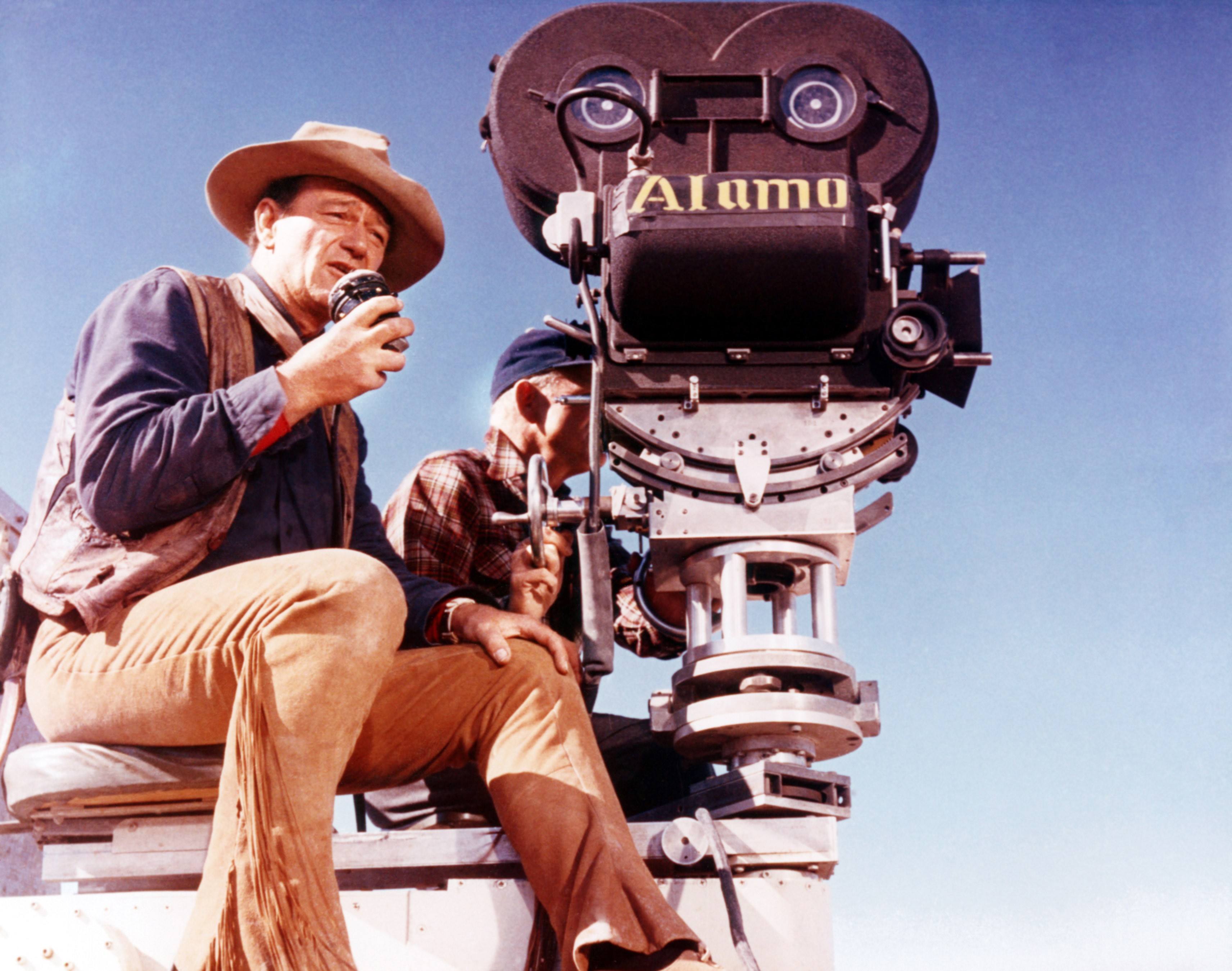AUDIE CORNISH, HOST:
The majority of abortions in the United States are performed in the first eight weeks of pregnancy. Sometimes women face severe medical conditions that lead them to terminate a pregnancy later. Many states have laws regulating these late abortions, especially if there are signs of life after the procedure, and Arizona is tightening those rules. Will Stone of member station KJZZ in Phoenix reports that doctors there are concerned.
WILL STONE, BYLINE: When she learned her pregnancy was in trouble, Maureen Williams already had a name picked out.
MAUREEN WILLIAMS: I knew in my heart it was the right decision to make for my baby Zoey.
STONE: Williams’ doctor said her baby would probably not make it to her first birthday. There were issues with her vertebrae and brain, tumors on her liver. So at 23 weeks, Williams and her husband chose to terminate the pregnancy.
WILLIAMS: It was most devastating time in my life. I would wake up crying. Like, that’s just how I woke up – bawling. And she was wanted.
STONE: Williams, who lives outside Phoenix, has no misgivings about that decision. She now has twin girls. But she worries women in this situation could soon face even more trauma because of a new Arizona law. It’s meant to ensure infants showing signs of life after an abortion get medical care.
WILLIAMS: If she was born, I felt like then they would have tried to, in my definition, torture her by trying to resuscitate her when I wanted to give her a peaceful death.
STONE: Rather than a flurry of extreme medical intervention that could have little or no chance of success. Many states have what proponents call Born-Alive Infant Protection laws, but Arizona is now taking its rules further. It’s defining what are signs of life, like a heartbeat or the movement of voluntary muscles, and requiring doctors follow set procedures to resuscitate if any of those are present.
CATHI HERROD: Once a baby is delivered alive following an abortion, then that baby is an autonomous human being deserving of basic medical care.
STONE: Cathi Herrod runs the Center for Arizona Policy, which lobbied for the bill. She believes right now, doctors have too much discretion, and these rules make existing law more enforceable.
HERROD: I fail to understand how anyone in the health care profession can think that it’s acceptable to allow a child that survived an abortion to simply not be given basic humane care and a chance at life.
STONE: While there are anecdotes, there aren’t reliable statistics about how often an abortion results in a live birth. Only a small fraction of abortions are performed after 20 weeks. And in general, during the 22nd and 23rd weeks, the chances of survival are still low. But some argue with advances in medicine, you don’t really know how well an infant will do unless you try to resuscitate.
PAUL LIU: It’s amazing how well some of these children recover.
STONE: Dr. Paul Liu specializes in pediatric critical care.
LIU: Left to our judgments, the reasonable physician would do what is the safe and efficacious thing and err on the side of life, not on the side that, oh, we’ll just let him die.
STONE: Proponents of the law echoed Liu, sharing success stories of babies born extremely premature. But the medical community mostly pushed back. Hugh Miller, an OB/GYN, argued this law could actually jeopardize care. He says deciding whether or not to resuscitate infants born near the limit of viability…
HUGH MILLER: That has to be done in a measured way. And in this zone or this domain of human existence, viability is a critical piece of the definition of life.
STONE: Miller says in practice, existing law has left enough room for physicians and families to make these difficult judgments without undue interference, but this new law will likely curb that. It doesn’t allow doctors to consider the chances of survival except for some lethal conditions, and it could force doctors to violate national standards of care.
JULIE KWATRA: This is undue interference into the practice of medicine.
STONE: Dr. Julie Kwatra is with the Arizona chapter of the American Congress of Obstetricians and Gynecologists. She says, ironically, this law may not even affect abortion providers that much. Instead…
KWATRA: It reaches into our labor and delivery suites where we have patients with wanted pregnancies who unfortunately deliver before viability. And that is where this law becomes incredibly cumbersome and not compassionate.
STONE: The state hasn’t developed the exact guidelines yet, but Kwatra worries about what those rules could mean for these determinations of early life and death. For NPR News, I’m Will Stone in Phoenix.
(SOUNDBITE OF SPOON SONG, “THIS BOOK IS A MOVIE”)
Copyright © 2017 NPR. All rights reserved. Visit our website terms of use and permissions pages at www.npr.org for further information.
NPR transcripts are created on a rush deadline by Verb8tm, Inc., an NPR contractor, and produced using a proprietary transcription process developed with NPR. This text may not be in its final form and may be updated or revised in the future. Accuracy and availability may vary. The authoritative record of NPR’s programming is the audio record.



